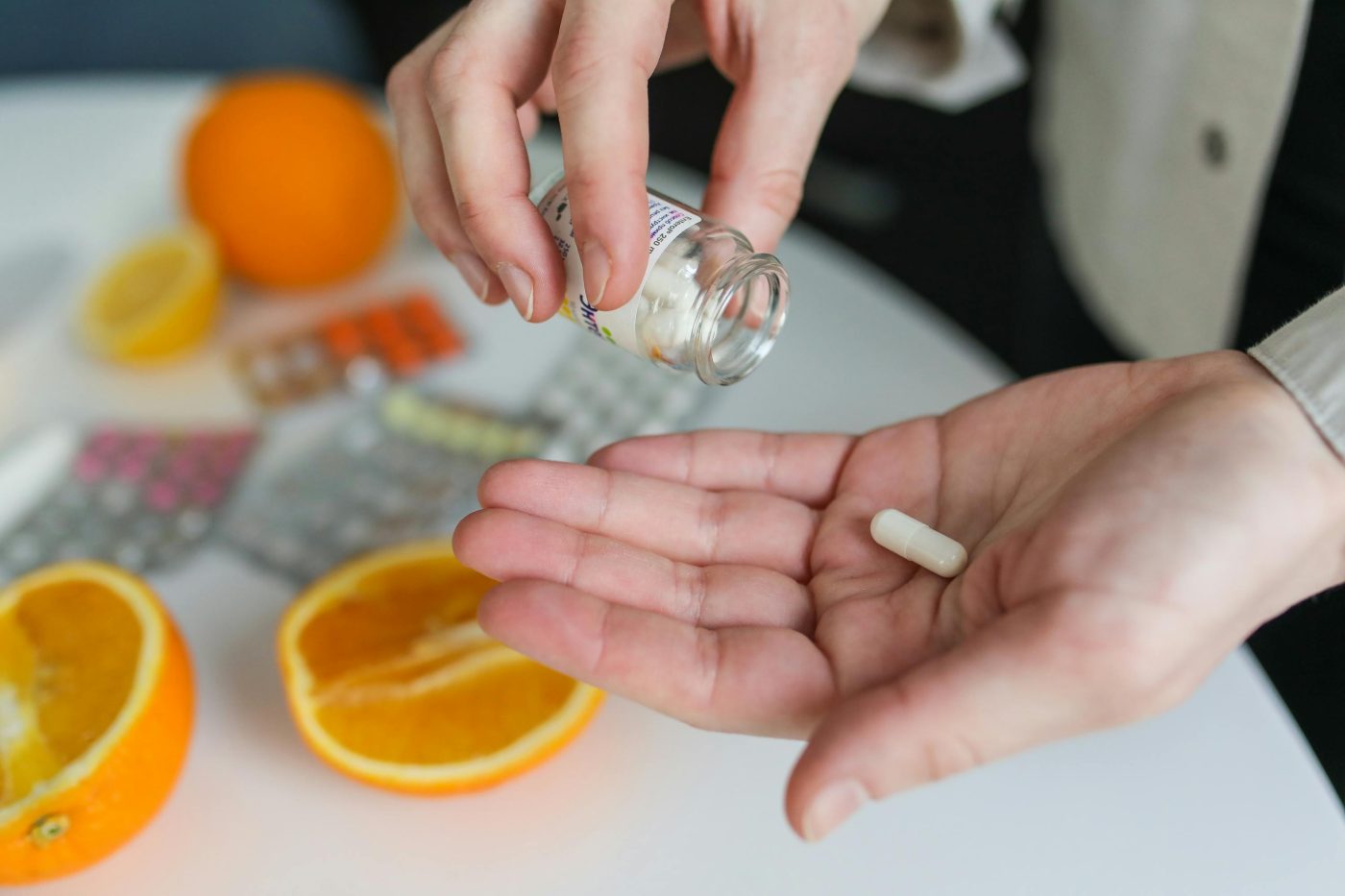
Multivitamin/mineral Supplements: Fact Sheet for Consumers
What are multivitamin/mineral (MVM) dietary supplements?
Multivitamin/mineral (MVM) supplements contain a combination of vitamins and minerals, and sometimes other ingredients as well. People refer to them by many names, including multis and multiples or simply vitamins. Each of the vitamins and minerals in MVMs have a unique role in the body. For more information about each one, see our individual vitamin and mineral fact sheets.
MVMs cannot take the place of eating a variety of foods that are important to a healthy diet. Foods provide more than vitamins and minerals. They also have fiber and other ingredients that may benefit health.
Should I take an MVM?
People who don’t get enough vitamins and minerals from food alone, are on low-calorie diets, have a poor appetite, or avoid certain foods (such as strict vegetarians and vegans) might consider taking an MVM. Health care providers might also recommend MVMs to patients with certain medical problems.
Some people might benefit from taking certain nutrients found in MVMs. For example:
- If you might become pregnant, getting 400 mcg/day of folic acid from fortified foods and/or dietary supplements lowers your baby’s risk of birth defects of the brain and spine.
- If you are pregnant, a daily prenatal MVM can help ensure you get enough folic acid, iron, iodine, and vitamin D during pregnancy. Your doctor might also recommend separate supplements of iodine and choline, which are often missing or in too small amounts in prenatal MVMs.
- If you are pregnant and eat a vegetarian or vegan diet, your doctor might suggest other nutrients including vitamin B12 and the omega-3 fatty acids EPA and DHA.
- Breastfed babies might also need a vitamin B12 supplement if their nursing parent is low in B12 or eats a vegan diet.
- Breastfed and partially breastfed infants should receive vitamin D supplements of 10 mcg (400 IU)/day, as should non-breastfed infants and toddlers who drink less than 1 quart per day of vitamin D-fortified formula or milk.
- If you are older than 50, get recommended amounts of vitamin B12 from fortified foods and/or dietary supplements because your body might not absorb enough of the B12 that is naturally found in food.
Can MVMs be harmful?
Taking a basic MVM is unlikely to harm your health. But if you consume fortified foods and drinks (such as cereals or beverages with added vitamins and minerals) or take other dietary supplements, make sure that the MVM you take doesn’t cause your intake of any vitamin or mineral to go above the upper limits. (For more information on upper limits, see our individual vitamin and mineral fact sheets.)
Smokers, and perhaps former smokers, should avoid MVMs with large amounts of beta-carotene and vitamin A because these ingredients might increase the risk of lung cancer.
If you get too much vitamin A during pregnancy, your baby may have an increased risk of birth defects. This risk does not apply to beta-carotene (the form of vitamin A in plant foods, such as carrots, and some dietary supplements).
Syndicated Content Details:
Source URL: https://ods.od.nih.gov/factsheets/MVMS-Consumer/
Source Agency: Office of Dietary Supplements (ODS)

